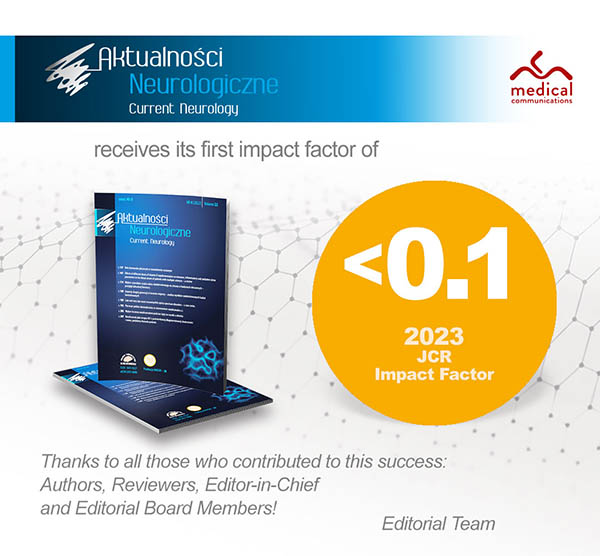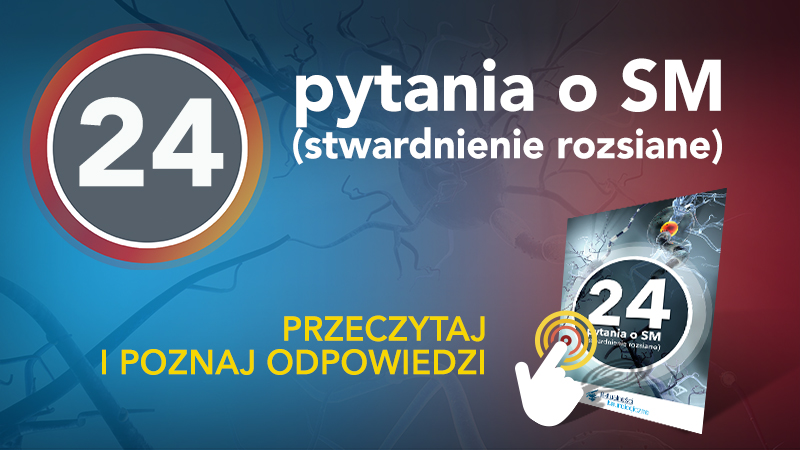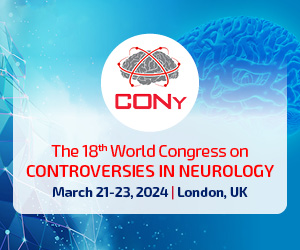An influence of insertion-deletion polymorphism ACE on occurring of cardiovascular system’s diseases and cerebral strokes in assessment of contemporary researches
Barbara Gaweł, Sabina Gałka, Andrzej Wajgt, Urszula Mazurek, Bartosz Chłopicki, Joanna Głogowska-Ligus
 Affiliation and address for correspondence
Affiliation and address for correspondenceFor many years strokes have been a priority research subject. The genetic background of strokes has been of particular interest during the last decade. Intensive research is conducted into the role of polymorphism of the genes whose protein products are involved in the mechanisms of the renin-angiotensin system. Especially interesting is the insertion/deletion (I/D) polymorphism of the gene responsible for the encoding of the angiotensin-converting enzyme (ACE). The enzyme is a dipeptidyl carboxypeptidase transforming angiotensin I (Ang I) into angiotensin II (Ang II) and inactivating bradykinin persons. The gene of ACE was found in chromosome 17 in 1988 year. In 1990 Rigat et al. discovered polymorphism in the area of 3’ 16 intron of the ACE gene, located in band q23 of chromosome 17. DD homozygotes demonstrate a twice increased activity of the enzyme in plasma than II homozygotes, while ID heterozygotes demonstrate intermediate activity values. The percentage of persons with high serum convertase activity (>40 nmol/min) is significantly greater among patients with arterial hypertension than in health persons. According to some researchers, the genotype DD, which is accompanied by higher ACE activity, may be an independent myocardial infarction risk factor, hyperplastic and dilatation cardiomyopathy, sudden cardiac death, and some complications of arterial hypertension. The D allele is a inconsiderable but independent risk factor for ischemic stroke. The investigation led among Polish population is evidenced that DD homozygotes of ACE gene is an independent risk factor for hemorrhage stroke.








